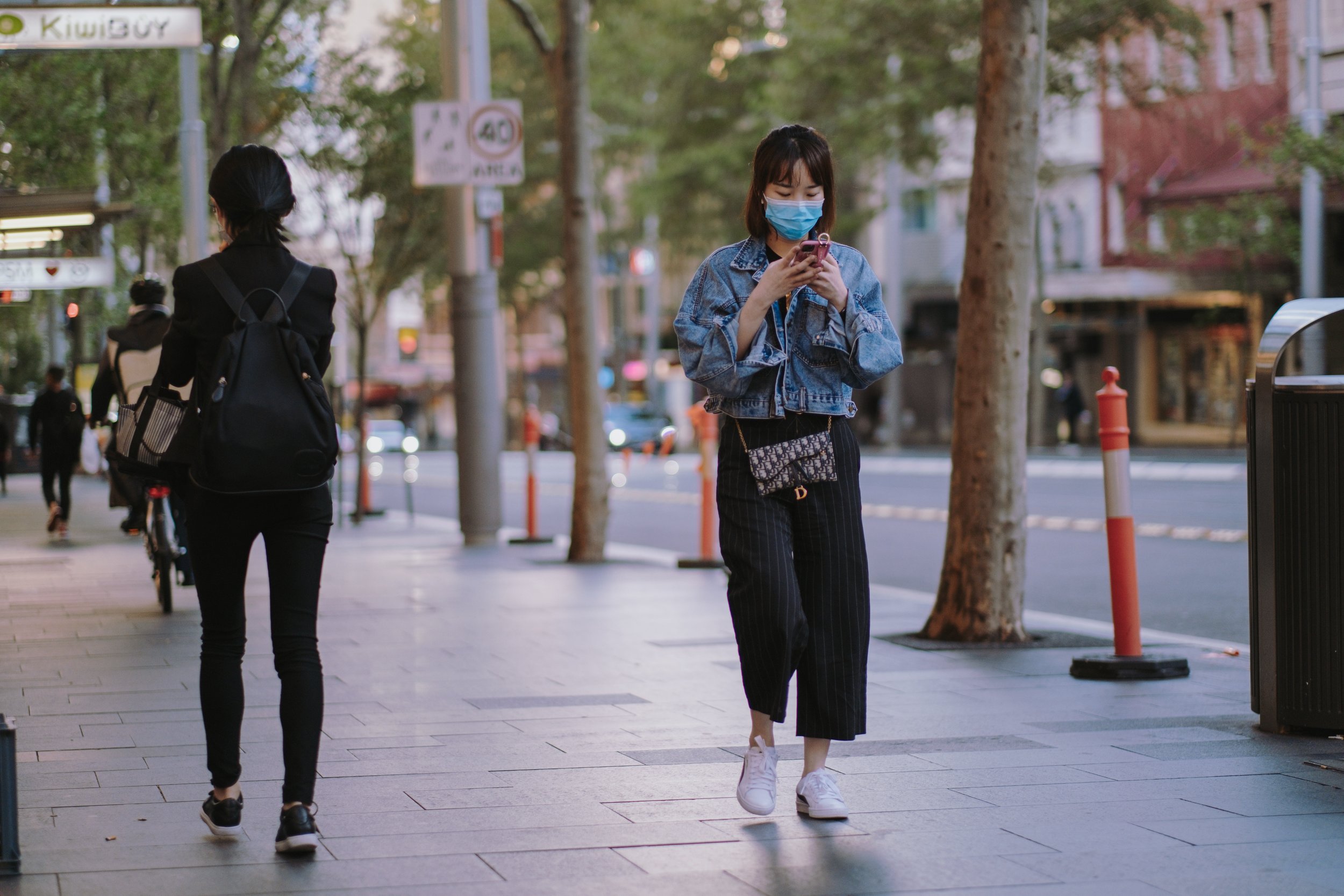Sleepless in Singapore: Survive the day after a lack of sleep & insomnia
Deal with sleep deprivation without excessive coffee, naps, medication or stress
Text: Evelyn Woo-Becker
When your #AboutLastNight consists of sleepless tossing and turning, a sheep-counting marathon and countless different sleeping positions you may need some help. Insomnia affects 15.3% of Singapore’s population and a lack of sleep has countless physical and mental repercussions, most notably a groggy, tired and mentally-exhausting day after. But it is possible to get survive the day after a night of bad sleep and insomnia, as Evelyn Woo-Becker from SleepKraft Sleep Consulting shares with us.
What causes insomnia?
The hyper-stimulating environment we surround ourselves with during the day results in a serious infringement on the mind and its ability to disengage. Biologically, our sleep-wake cycles are governed primarily by our circadian rhythm, namely the master clock, which organises the body's functionalities. This master clock is a group of nerve cells structure that reside in the part of the brain called hypothalamus; they receive direct input from the eyes and are programmed by light and darkness.
As artificial and blue light exposures us to light late into the night (way past the natural cycles of sleep-wake), our minds and bodies react to the stimulation in several ways. First, the body will generate more adrenaline to allow you to stay awake and to function. With this constant injection of adrenaline, which is essentially a stress hormone, we end up getting more alert when we should actually be asleep. The mind does not get any relief at all as well, as there's a constant flow of information from laptops, phones and other devices. We then have to survive the following day after a lack of sleep.
If this continues over a long period of time, your body clock may become disrupted and unable to send "sleepy signals" to the body. Once this happens, insomnia will be triggered, and eventually your body will crash after prolonged night wakes, compromising sleep quality.
How to combat insomnia
One of the quickest ways to combat insomnia is to set a regular time to wake up in the morning and also a regular time to sleep at night. Turning off devices an hour before bedtime will help the senses and mind to disengage. Cutting caffeine (green tea!) before 2pm is highly advisable. You can also eat food that promotes sleep such as kiwi, milk, fatty fish, rice or nuts. Do not underestimate an innocent chocolate bar as that still contains easily 40mg to 50mg of caffeine.
How to survive the day after a lack of sleep and insomnia
As tempting as it is to chug caffeine to survive the day after a night of insomnia, try to cut off caffeine before lunchtime. Over consumption will create a vicious cycle of sleeplessness.
Get active. By raising the body's level of endorphins (happy hormones) through exercise, you may be surprised how much more effective it can be to boost your energy versus that fifth cup of coffee.
Drink lots of water or freshly squeezed juice. By increasing your healthy liquid intake and staying hydrated, you’ll help to get your blood circulation going and reduce the risk of dehydration after a long night.
Avoid excessive sleep ins and day-time napping. The key is to ensure that your sleep rhythm is not disrupted. So, get moving and avoid that afternoon snooze.
Opt for an early bedtime. Instead of making up a bad night 's sleep by a nap, try to hit the sack earlier in the evening. Night sleep is more restorative than day time napping and you’re giving the body a chance to do the necessary housekeeping functions.
SleepKraft Sleep Consulting was founded in 2019 by Evelyn Woo-Becker, with the aim to help families believe in sleep again. She obtained a Certification in Maternity & Child Sleep Consulting, offered by the International Parenting & Health Institute, based in California, USA.












